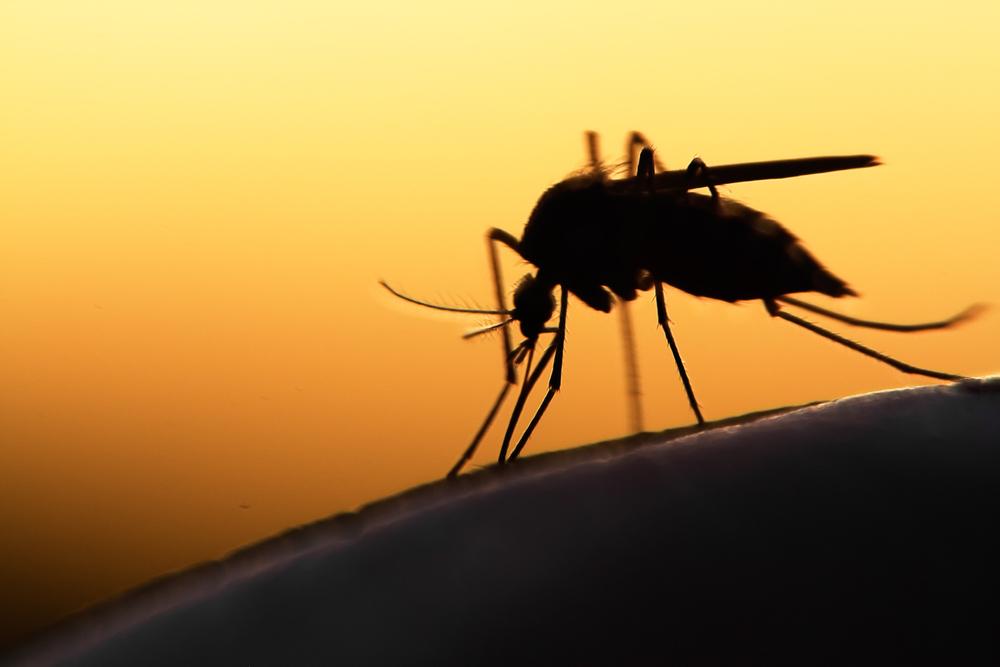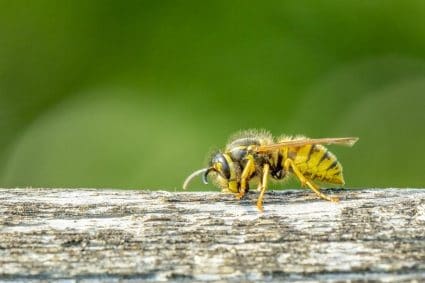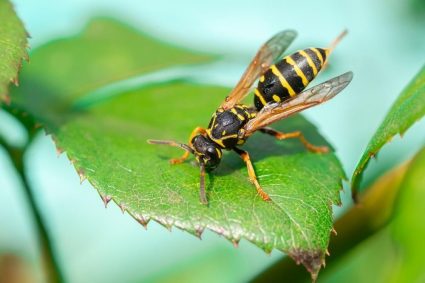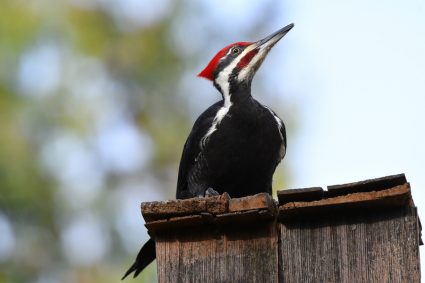
Peppermint oil, a versatile essential oil with a refreshing scent, has been touted as a natural mosquito repellent. But how effective is it, and how should you use it? This comprehensive guide will provide the answers, backed by scientific research and practical applications.
To use peppermint oil to repel mosquitoes, create a homemade repellent by combining 2 ounces of distilled or boiled water, 1.5 ounces of witch hazel or vodka, and 25 drops of peppermint essential oil in a spray bottle. Shake well and spray on your skin, clothing, and surrounding areas. Reapply as needed. Always test on a small area of skin first, as peppermint oil can cause irritation in some individuals.
What Makes Peppermint Oil an Effective Mosquito Repellent?
Peppermint oil contains natural compounds like menthol and limonene, which possess insect-repellent properties. The strong aroma of peppermint oil helps deter mosquitoes. Studies have shown that peppermint oil can repel 84-100% of mosquitoes, depending on the species. Furthermore, peppermint oil can effectively kill mosquito larvae in standing water. A study published in 2011 found that applying peppermint oil on one arm protected both arms from mosquito bites for up to three hours.
Despite these promising results, it’s important to remember that the effectiveness of essential oils as mosquito repellents may vary, and they might not provide the same level of protection as synthetic repellents like DEET.
How to Use Peppermint Oil to Repel Mosquitoes
Creating a homemade mosquito repellent with peppermint oil is relatively simple. Here’s a step-by-step guide:
- Gather the necessary materials: a small spray bottle, distilled or boiled water, witch hazel or vodka, and peppermint essential oil.
- In the spray bottle, combine 2 ounces of distilled or boiled water and 1.5 ounces of witch hazel or vodka.
- Add 25 drops of peppermint essential oil to the mixture in the spray bottle.
- Shake the bottle well to mix the ingredients.
- Spray the mixture on your skin, clothing, and surrounding areas to repel mosquitoes. Reapply as needed.
Remember to test a small area of your skin before applying the mixture to larger areas, as peppermint oil can be irritating to some individuals.
Safety Considerations and Side Effects
Peppermint oil is generally considered safe when used properly. However, it can cause skin irritation in some individuals, especially when used undiluted. Always dilute peppermint oil with a carrier oil before applying it to your skin.
Additionally, while peppermint oil can be an effective mosquito repellent, it may not provide the same level of protection as other proven mosquito repellents, especially in areas with a high risk of mosquito-borne diseases.
Common Mistakes to Avoid
When using peppermint oil as a mosquito repellent, avoid these common mistakes:
- Relying solely on peppermint oil: Essential oils are not as effective as EPA-approved repellents like DEET or picaridin.
- Not reapplying the oil: Essential oils evaporate quickly, reducing their effectiveness over time.
- Ignoring safety concerns: Some essential oils, including peppermint oil, can be toxic to pets.
- Applying undiluted oil: Essential oils can cause skin irritation if applied undiluted. Always dilute peppermint oil with a carrier oil before applying it to your skin.
- Not considering other repellent options: While peppermint oil may have some repellent properties, it is not as effective as other options.
- Applying oil near the eyes, ears, and mouth: Be cautious when applying peppermint oil to avoid contact with sensitive areas.
In conclusion, while peppermint oil shows promise as a natural mosquito repellent, it is not as effective as other options. For the best protection against mosquitoes, consider using EPA-approved repellents in addition to peppermint oil.
Frequently Asked Questions
Can I use peppermint oil on my children to repel mosquitoes?
Yes, you can use peppermint oil on children, but make sure to dilute it with a carrier oil first and test it on a small area of skin to check for any allergic reactions. Also, avoid applying it near the eyes, ears, or mouth.
Can I use peppermint oil to repel other insects?
Yes, peppermint oil can repel several types of insects, including flies, ants, and spiders. However, the effectiveness may vary based on the insect species.
How often should I reapply the peppermint oil mixture?
Essential oils like peppermint oil evaporate quickly, so it’s advisable to reapply the mixture every 2-3 hours for the best results. However, this may vary depending on factors such as weather, perspiration, and individual skin chemistry.
Can I use peppermint oil on my pets to repel mosquitoes?
You should be cautious when using essential oils on pets. Some essential oils, including peppermint oil, can be toxic to animals. Always consult with a veterinarian before using any essential oils on your pets.
Can I use other essential oils to repel mosquitoes?
Yes, other essential oils like citronella, lemongrass, and eucalyptus have also been found to have mosquito-repellent properties. However, like peppermint oil, their effectiveness may not be as high as synthetic repellents like DEET or picaridin.











